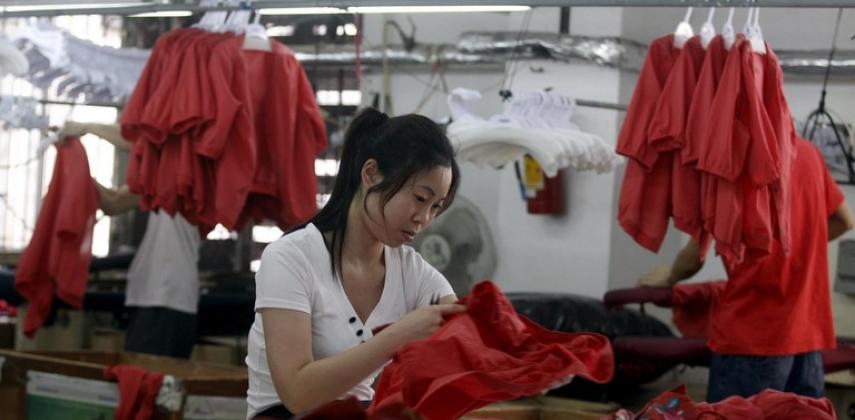More than 80 per cent of Hong Kong-owned firms in the Pearl River Delta are suffering from a labour shortage, sina.com.hk reports. Of the companies that are plagued by the problem, 13 per cent suffer a labour shortfall of more than 50 per cent, a survey by The Federation of Hong Kong Industries has found.
According to the Federation, as a result of Foxconn's decision to raise salaries following a spate of suicides at the technology company, Hong Kong employers have no choice but to move their business inland or out to East Asian countries.
Young recruits rise to occasion
Two-thirds of employers in Britain find that new 16-year-old recruits are ready for work, challenging the belief that young people lack suitable skills and personal attributes when leaving school,
However, a growing core of young people, aged 16 to 18, are not prepared to put in a hard day's work, a survey of almost 80,000 businesses has found.
Many small businesses struggle to find young people with the right attitude and skills, although, overall, the 63,000 skill-shortage vacancies reported last year were half that seen in 2007.
The UK Commission for Employment and Skills, the government body behind the survey, says most employers have a "positive experience" when hiring young people. A spokesman says employers demanded more from all staff, including young people, during the recession, which might explain the rise in numbers of those identifying problems with young people's work ethics.
Boozing turns off bosses
Job applicants who drink alcohol are perceived as less intelligent and less hireable by American bosses, a perception dubbed the "imbibing idiot bias" in a study published this week.
In experiments, researchers from the University of Michigan and the University of Pennsylvania say that an association with alcohol causes observers to "expect cognitive impairment" in a job-seeker.
"Merely holding an alcoholic beverage may reduce the perceived intelligence of the person," Scott Rick and Maurice Schweitzer write. Their study was presented to the American Academy of Management, an annual meeting of business and management researchers.
In one experiment, the researchers asked 610 middle managers to evaluate a video recording of a dramatised interview over dinner between actors playing a manager and a prospective hire. The script was the same in all cases. In some of the mock interviews, the manager ordered "Coke" or "the house merlot".
The job-seeker also ordered either beverage.
Regardless of what the manager ordered, job-seekers were seen as less worthy of being hired and less "intelligent, scholarly and intellectual" when they ordered the merlot. Job-seekers who ordered wine after the manager ordered a coke were "especially punished" with low ratings for perceived intelligence, the study said.


